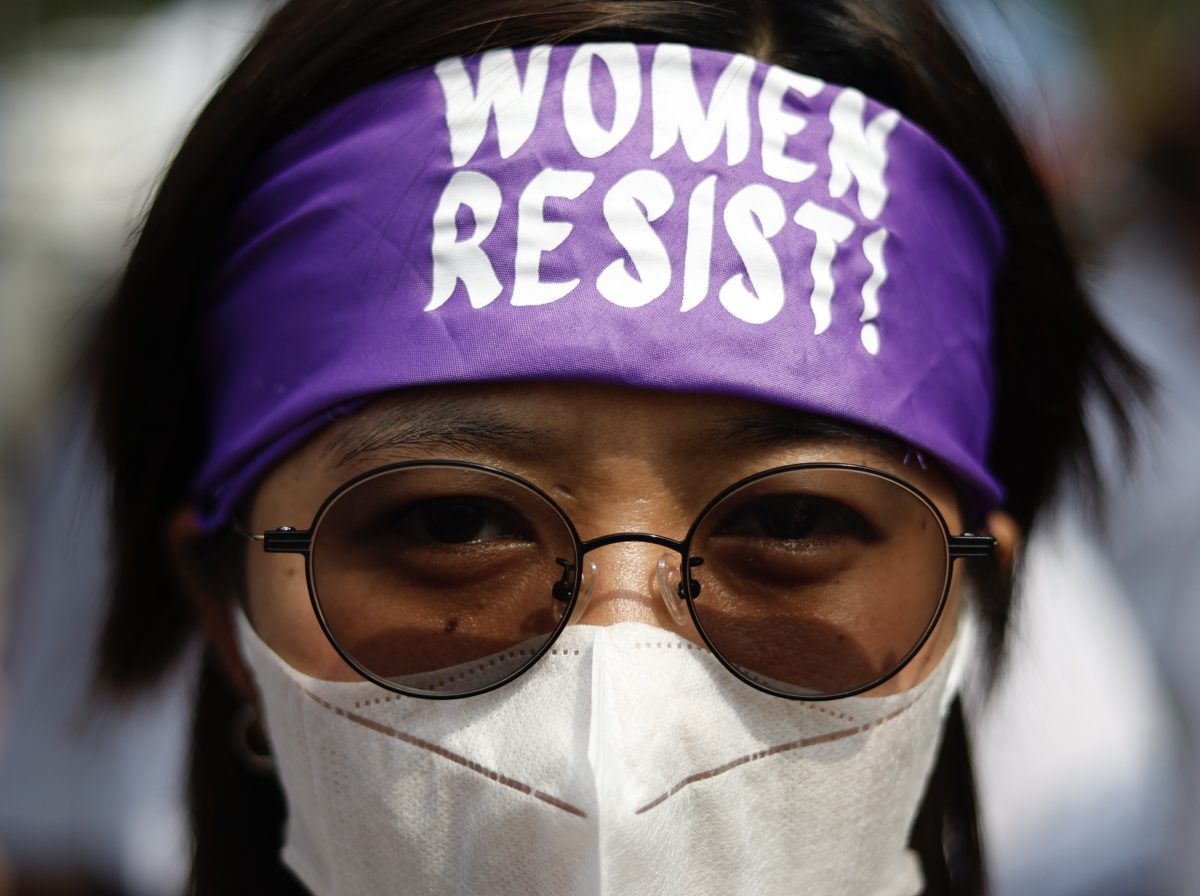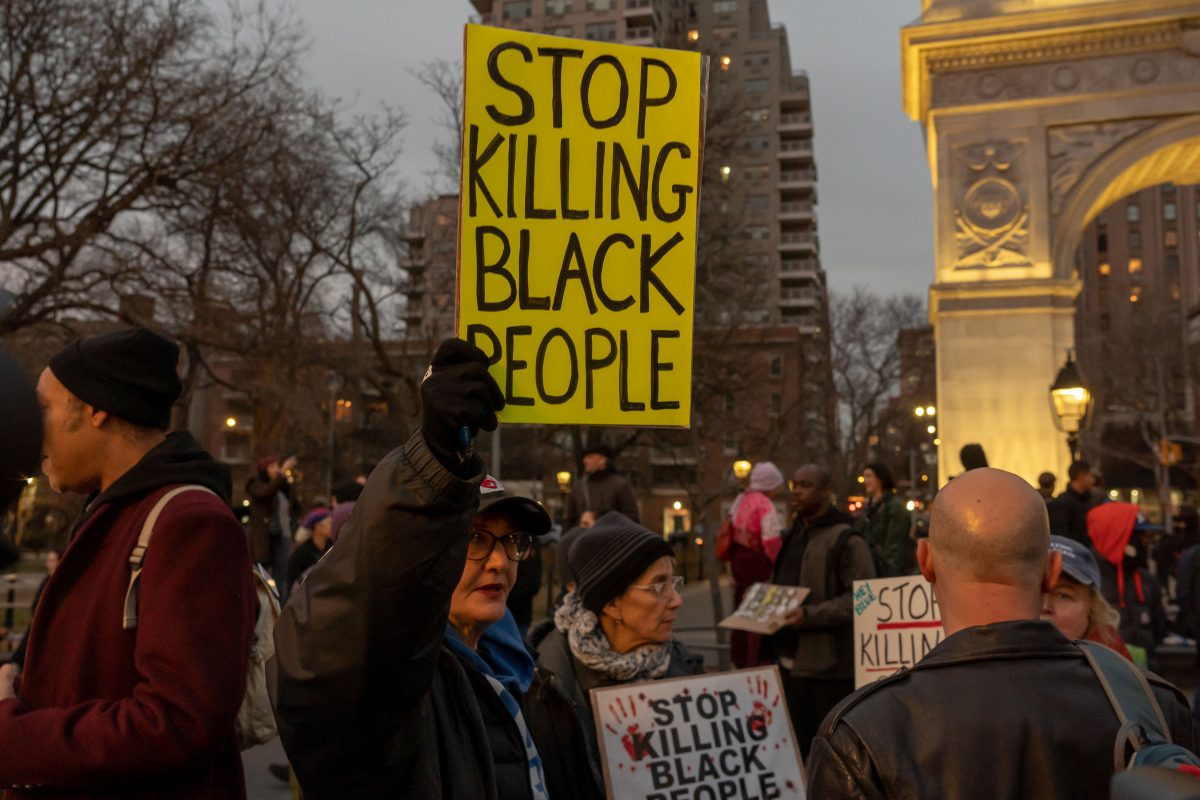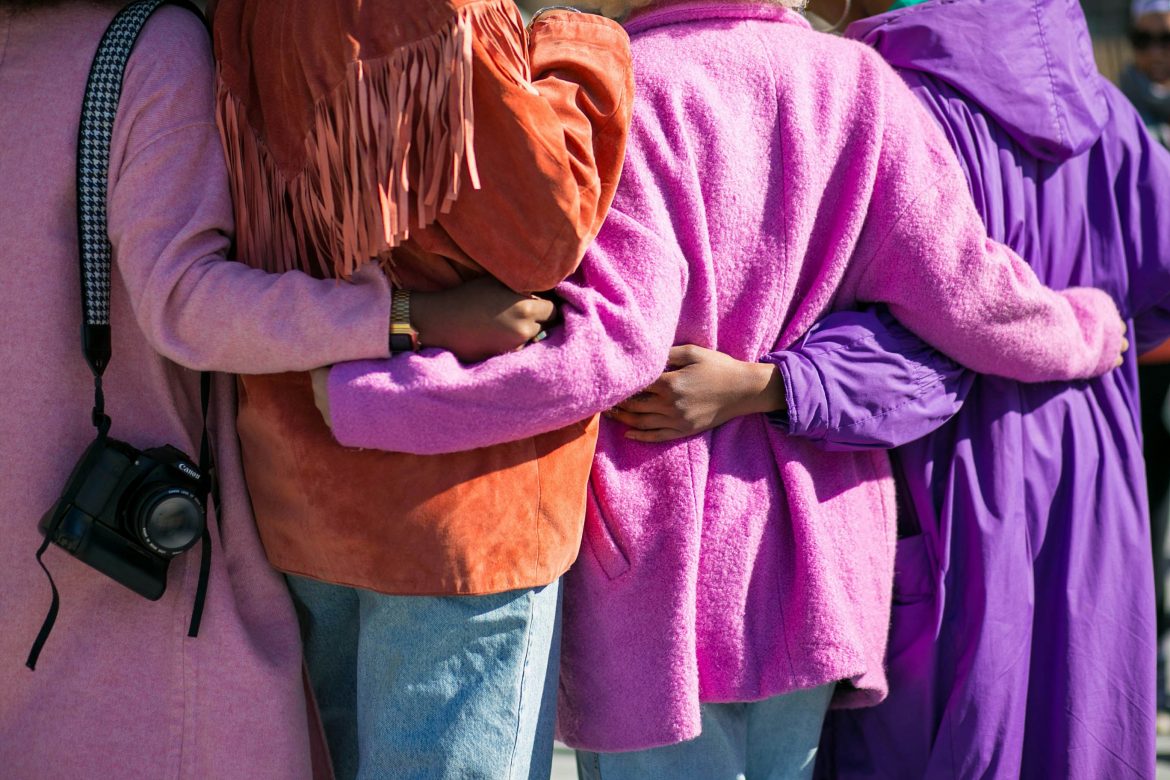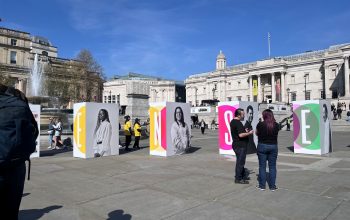International Women’s Day is celebrated as a yearly acknowledgement to the people who are fighting, and have fought, for gender equality across the world and throughout history.
International Women’s Day is described as “collective action and shared ownership for driving gender parity”.
In a time of divisive politics, radical extremism, rampant misogyny, and the rise in anti-trans hate, International Women’s Day will campaign under the theme #InspireInclusion.
The International Women’s Day organisation said: “When we inspire others to understand and value women’s inclusion, we forge a better world.”
Intersectional feminism acknowledges how a person’s social, political, geographical and economic identities result in a unique combination of discrimination and privilege.
Everybody has a right to live a life free from prejudice and oppression.

Just because an act of discrimination does not directly affect you, it does not mean that we cannot make the world a little fairer and kinder for others.
In order for equality to prevail, we must still actively acknowledge our differences and experiences.
Feminism will be practised differently by every woman in the world.
New waves of feminism have begun to proactively make space in the movement for typically marginalised people to ensure that individuals speak out for themselves and others who share their identities.
Diane Duarte, from feminist organisation MADRE, told ABC News: “Our gender, our race, disability, class, sexuality, and more – all of these pieces of ourselves generate different lived experiences and also help us understand that no one of us is just one thing.”
Throughout history, feminism and the ideologies and agendas it encapsulates, has always adapted to suit the needs of the society.
Whether that be a woman seeking the right to vote, the right to access reproductive healthcare, or the right to be able to walk home free from the threat of violence.
Today the feminist movement must look at the complexities of what it means to exist when people are faced with a myriad of oppressive and prejudicial systems against them.
Digital technology has allowed feminists to be more connected than ever.
In 2020, women led a racial revolution in response to the murders of Black men at the hands of police.

“Black Lives Matter” was searched across the world and for the first time global audiences were exposed to the brutality Black people faced in America.
According to Google, in June 2020 “what is systematic racism” was one of the most popular search queries across the world in response to these events. (Photo by Ron Adar/Shutterstock)
In September 2022, Mahsa Amini died as a result of police brutality in Iran.
Amini’s death led to a public outcry that was broadcast around the world and ignited the Women, Life, Freedom movement, which saw women rebelling against government oppression by cutting their hair and publicly removing their head coverings in protest.
The hashtag #MahsaAmini has been posted over 80 million times on X (formerly Twitter). (Photo by Creative Touch Imaging Ltd/NurPhoto/Shutterstock)

Whilst there is sentiment that feminism has lost its way, at its core, the feminist movement continues to make progress against oppression and discrimination for women and people across the world.
Duarte said: “We should not let our opponents define the identity of feminism for us… [it is important] not to lose sight of the community and the political grounding that feminism has offered to so many.”





